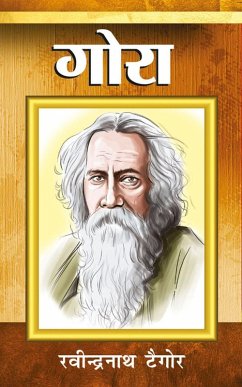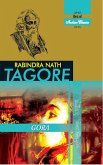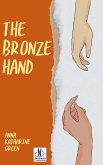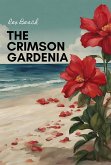Gora is perhaps TagoreA's most determined work which develops against the enormous, vibrant milieu of Bengal during the British rule. It is his fifth novel and is considered as one of his masterpieces.Summary of the BookGora is about a separated society striving hard to visualize an emerging country. It is a classic tale of India's nationalist emerging, appealing the social, cultural, religious and political life of the nineteenth century urban middle-class in Bengal. The story is viewed through the eyes of a young man who is an orthodox Hindu, who expresses himself in contradiction of the British imperialist culture. He gradually finds himself approaching his pro-home rule individuality through the prism of systematized religion. Gora interrogates the doctrines and conjectures integral in nationalist thought, which not many books have dared to. The novel is perhaps an expression of TagoreA's own evolution from Hindu revivalism to a whole new thought of universal brotherhood, from nationalism to a world without borders and boundaries, from Hinduism to the religion of humanity, one mankind. Gora was translated into English by W.W. Pearson in the year 1924.About Rabindranath TagoreRabindranath Tagore was a Bengali poet and novelist. He was born in the year 1861 in Calcutta. He is renowned for bringing Bengali literature into the contemporary era, developing a new style at liberty of classical precincts. Tagore was the first non-European to win the Nobel Prize for Literature. The national anthems of both India and Bangladesh are his works. Tagore was not just a writer, but also composed about 2,230 songs, and compiled several plays. He was into painting and drawing at the age of sixty, and had many popular exhibitions. He was married to Mrinalini Devi, and had five children. He died in Calcutta at the age of 80, in the year 1941. Some of the other notable works penned by Tagore are The Crescent Moon, Glimpses of Bengal, Creative Unity, The Lover Of God, The Cycle of Spring, My Boyhood Days and The Gardener.
Dieser Download kann aus rechtlichen Gründen nur mit Rechnungsadresse in A, B, BG, CY, CZ, D, DK, EW, E, FIN, F, GR, HR, H, IRL, I, LT, L, LR, M, NL, PL, P, R, S, SLO, SK ausgeliefert werden.









